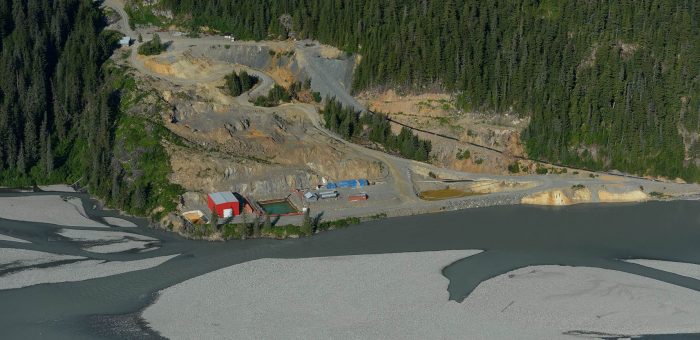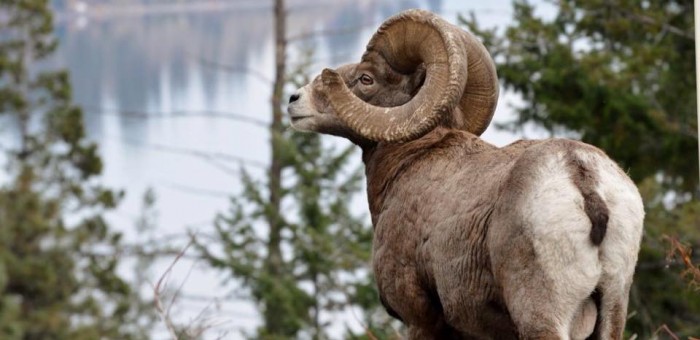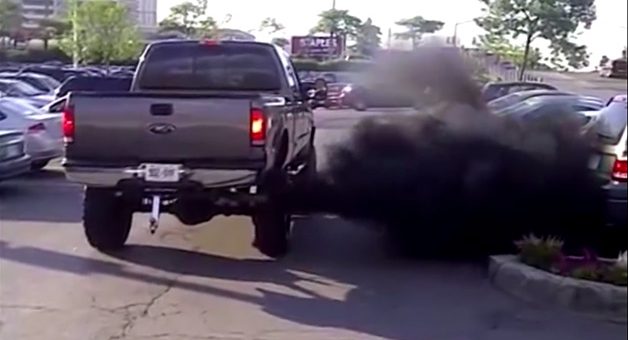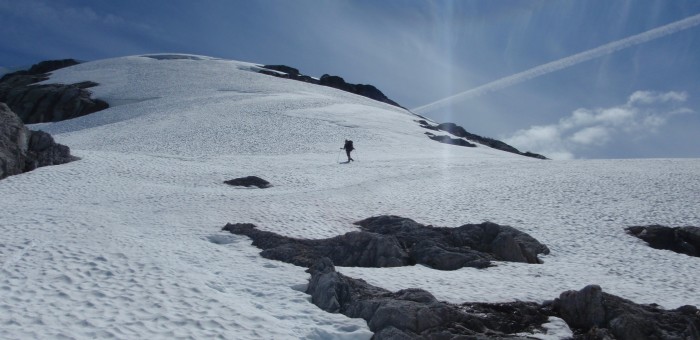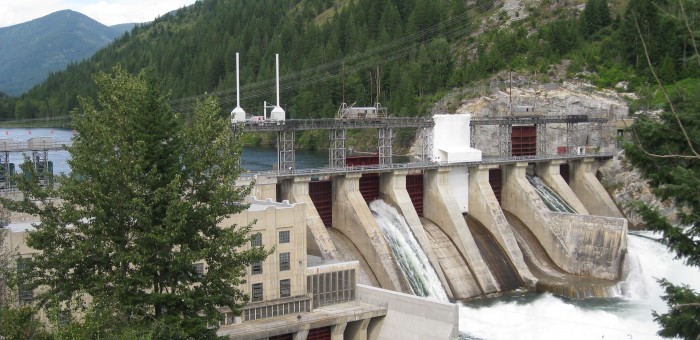Environment
Probing the government response to ongoing problems at Tulsequah Chief mine
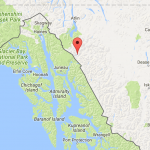 Today in the Legislature I rose to question the Minster of Energy and Mines on ongoing problems at Tulsequah Chief mine located in northwestern BC. Untreated acid mine drainage has been flowing into the Tulsequah River, a pristine salmon spawning ground, since 1957.
Today in the Legislature I rose to question the Minster of Energy and Mines on ongoing problems at Tulsequah Chief mine located in northwestern BC. Untreated acid mine drainage has been flowing into the Tulsequah River, a pristine salmon spawning ground, since 1957.
Last week Rivers Without Borders, a transboundary watershed conservation group, questioned whether or not the government was backpeddling on its promise to clean up the mine site. Today I posed that question directly to the Minister.
Below I reproduce the video and text of the exchange.
Video of Question & Answer
Text of Question & Answer
A. Weaver: The Tulsequah Chief mine, located on the best salmon-producing watershed in the B.C.-Alaska transboundary region, has been the host to a series of unfortunate events. Acid mine drainage has been entering the prime salmon spawning ground for 60 years. It’s bankrupted two companies in the last seven years. It’s an issue of profound concern for Alaska’s elected officials and is officially being opposed by the Taku River Tlingit First Nation.
It’s environmentally irresponsible, fiscally reckless and offensive to the Taku River Tlingit First Nation and Alaska for the B.C. government to allow the sordid Tulsequah Chief story to continue as is.
My question is to the Minister of Energy and Mines, who has repeatedly committed to fixing the problems that this mine has created. Will B.C. keep its word and address the Tulsequah problem with a long overdue proper cleanup, or will it allow yet another mining company to pick up where Chieftain Metals left off and let Tulsequah Chief’s controversy waste and environmental black eye to B.C. continue?
Hon. B. Bennett: I’d like to thank the member for the question. I think all of us — on this side of the House, and certainly, on the other side of the House — share the concern about any situation in the province, whether it’s mining or any other activity, that has potential to harm the environment and also has potential to harm the reputation of the province. I take the member’s question very seriously, and we take the situation very seriously on this side of the House.
The state of Alaska and the province of British Columbia have done three studies of the Tulsequah River and the Taku River to determine whether there are contaminants going into the river, and those studies so far have shown that there isn’t significant environmental harm being done. Nonetheless, the member is correct that B.C. has an obligation to manage that situation very carefully.
I can tell the member that we are committed to doing more work on that site. We did some work in the fall, up to freeze-up. We have a regular communication with the state of Alaska to make sure that they know what we’re doing up there. After breakup this spring, I know that we have crews going back into the site to do some more work.
Standing up for Resident Hunters over Foreign Trophy Hunters
Today in the legislature I introduced Bill M234 — Wildlife Amendment Act, 2017.
This bill combined two previous bills that I had introduced in the legislature. The BC Liberals did not wish to bring either of these to second reading. The first Bill was to designed to reduce the preferential treatment of non-resident hunters by eliminating the minister’s discretion to make separate rules for resident and foreign hunters when it comes to obtaining LEH permits. This bill requires all hunters to enter a lottery for their LEH tags, as is done in other jurisdictions.
The second Bill I had already introduced was designed to ensure that all edible portions of animals hunted in British Columbia are taken to the hunter’s domicile. In addition, the proposed changes remove grizzly bears from the list of animals exempt from meat harvesting regulations. These put in place a major logistical barrier to foreign trophy hunting.
Two new additions were included in the updated bill. I am grateful to the feedback I received on my earlier bills that led to these modifications. First, if passed this bill would require that edible portions be packed out prior to, or in conjuction with, any other body parts of the game carcass. This is consistent with the notion is that hunting is primarily for food and the the trophy should be viewed as a by-catch.
The second addition would disallow those convicted of fisheries or wildlife offences from becoming fishing or hunting guides in the province of British Columbia.
Below I reproduce the text and video on my introduction along with the accompanying press release .
Text of the Introduction
A. Weaver: I move that a bill intituled Wildlife Amendment Act, 2017, of which notice has been given in my name on the order paper, be read a first time now.
Motion approved.
A. Weaver: It gives me great pleasure to introduce this bill that, if enacted, would make a number of changes to the Wildlife Act.
This bill restricts the practices of non-resident trophy hunters who come to B.C. to kill large game by making three specific amendments to the Wildlife Act. The proposed changes remove grizzly bears from the list of animals exempt from meat harvesting regulations, ensures all edible portions of animals killed in B.C. are taken directly to a hunter’s residence, and requires the meat to be taken out first, before the hide or head.
This bill also stops government from letting non-resident hunters buy preferential access to limited-entry hunting permits and bans people convicted of fisheries or wildlife offences from becoming fishing or hunting guides in the province of British Columbia.
For local sustenance hunters, the vast majority of hunters in B.C. that is, this bill merely echoes what they are already doing — harvesting wild game to bring the meat home to feed their families. For non-resident trophy hunters coming to B.C. to hunt an animal only for its hide, skull or antler, this bill puts in place a significant logistical challenge.
Bill M234, Wildlife Amendment Act, 2017, introduced and read a first time.
A. Weaver: At this time, I move, pursuant to standing order 78a, that this bill be referred to the Select Standing Committee on Parliamentary Reform, Ethical Conduct, Standing Orders and Private Bills for immediate review.
Madame Speaker: I will point out that that’s a departure in practice.
All those in favour? Nay is heard. Division has been called.
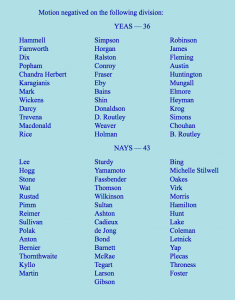 A. Weaver: May I have this referred to second reading — a motion to do so?
A. Weaver: May I have this referred to second reading — a motion to do so?
Bill M234, Wildlife Amendment Act, ordered to be placed on orders of the day for second reading at the next sitting of the House after today.
Video of the Introduction
Media Release
Weaver tables Wildlife Amendment Act to Committee Stage – Liberals vote Nay
For immediate release
March 6th, 2017
VICTORIA B.C. – Today in the legislature MLA Andrew Weaver tabled the Wildlife Amendment Act directly to committee stage, leading to an immediate vote in the House. Weaver and the B.C. NDP voted in favour of moving the bill directly to committee stage for review. The B.C. Liberals voted against it.
“This bill works to ensure that sustainable, respectful sustenance hunting in British Columbia is grounded in a science-based conservation policy and that the interests of residents hunters are put ahead of foreign trophy hunters.
“It is clear these are values the B.C. Liberals do not share – as illustrated by their vote against further consulting on this bill today. But, I am glad to see that the B.C. NDP support my initiatives on this file,” says Weaver.
The bill would restrict the practices of non-resident trophy hunters who come to B.C. to hunt large game by making three specific amendments to the Wildlife Act. The proposed changes remove grizzly bears from the list of animals exempt from meat harvesting regulations, ensures all edible portions of animals killed in B.C. are taken directly to the hunter’s residence, and requires the meat to be taken out first – before the hide or head. For non-resident trophy hunters coming to B.C. to hunt an animal solely for its hide, skull, or antlers this puts in place a prohibitive logistical challenge.
The bill also stops the government from letting non-resident hunters buy preferential access to limited-entry-hunt permits. And lastly, it bans people convicted of fisheries or wildlife offenses in B.C. and other jurisdictions from becoming fishing or hunting guides.
– 30 –
Media contact
Mat Wright, Press Secretary
+1 250-216-3382 | mat.wright@leg.bc.ca
Bill M232 — Motor Vehicle Amendment Act, 2017
Today in the legislature I introduced Bill M232 — Motor Vehicle Amendment Act, 2017. This Bill would amend the Motor Vehicle Act, by prohibiting the tampering with emissions control devices in motor vehicles. This amendment would bring BC legislation in line with Ontario’s Environmental Protection Act, and the Clean Air Act in the United States.
The Canadian Trucking Alliance have called on the federal government to enact similar legislation because of inadequate and inconsistent provincial oversight. They are concerned about both the environmental effects arising from, as well as the potential for the creation of unfair business advantages for, those tampering with emission control devices. In addition, this legislation would prevent the practice of coal rolling (see video below).
Below I reproduce the text and video of my introduction of the Bill.
Text of my Introduction
A. Weaver: I move that a bill intituled the Motor Vehicle Amendment Act, 2017, of which notice has been given, be introduced and read a first time.
Motion approved.
A. Weaver: This bill will amend the Motor Vehicle Act by prohibiting the tampering with emissions control devices in motor vehicles.
This bill adds language to the Motor Vehicle Act to explicitly prohibit the removal of emissions control devices installed by manufacturers and prohibits the operation and sale of a motor vehicle that has had its emission control device tampered with or removed.
It also increases the fine that can be levied on contraveners to provide a stronger disincentive against tampering. Tampering with emissions control devices in cars and trucks increases air pollution, undermining progress on reducing emissions and resulting in harmful environmental and human health effects.
As the Canadian Trucking Alliance has noted, provincial regulations and enforcement vary widely across Canada. This amendment would bring British Columbia legislation in line with Ontario’s Environmental Protection Act and the Clean Air Act in the United States.
I move that the bill be placed on the orders of the day for second reading at the next sitting of the House after today.
Bill 232, Motor Vehicle Amendment Act, 2017, introduced, read a first time and ordered to be placed on orders of the day for second reading at the next sitting of the House after today.
Video of my Introduction
Bill M231 — Ensuring municipalities actually have residents!
Today in the legislature I introduced Bill M231 — Local Government Amendment Act.
If passed, this Bill will ensure that municipalities in BC cannot be incorporated without first ensuring that there are residents actually living in the area at the time of incorporation. This might seem like an unnecessary bill as it would seem obvious that a municipality, governed by a Mayor and two Councillors, should actually have people and property to govern. Well that’s not the case in the wild west of British Columbia politics.
Back in 2012, the BC Liberals amended The Local Government Act to allow mountain resort municipalities to be created that have no residents. In particular, this was done in support of the proposed Jumbo Glacier Mountain resort that I have written about earlier.
Given opposition to the resort by the Ktunaxa Nation, the fact that the environmental assessment certificate has expired, and that the project has not substantially started, it seemed timely to close the loophole for good as it sets a dangerous precedence.
Below I reproduce the text and video of my introduction of the Bill.
Text of my Introduction
A. Weaver: I move that a bill intituled the Local Government Amendment Act, 2017, of which notice has been given in my name, be introduced and read a first time now.
Motion approved.
A. Weaver: I’m pleased to be reintroducing a bill intituled the Local Government Amendment Act. It’s absurd that in British Columbia today a municipality exists that has no houses, no infrastructure and no people. The Jumbo Glacier Resort is designated as a mountain resort municipality, and despite not having any people, it has a salaried, province-supported mayor and two councillors.
This government created the loophole that has allowed this municipality to exist, despite there being no residents. It was created solely for the purpose of a specific pet-project that this government wants to proceed.
This bill would close this ridiculous loophole and ensure that municipalities in British Columbia actually have people living in them.
I move that the bill be placed on the orders of the day for second reading at the next sitting after today.
Bill M231, Local Government Amendment Act, 2017, introduced, read a first time and ordered to be placed on orders of the day for second reading at the next sitting of the House after today.
Video of my Introduction
Bill M228 — Energy and Water Efficiency Act, 2017
Today in the legislature I rose to table Private Members’ Bill entitled: Bill M228 — Energy and Water Efficiency Act 2017: As I noted in introducing it, this Bill was originally tabled by the Liberal government in 2012 as Bill 32 — Energy and Water Efficiency Act. The Bill received support from all sides of the legislature when it was introduced in 2012. Unfortunately, it was never brought to the Committee of the whole house and subsequently third reading. We missed an opportunity in 2012 to pass this legislation. I hope that the government chooses to pick this up at this time.
Text of Bill Introduction
A. Weaver: I move that a bill intituled the Energy and Water Efficiency Act, 2017, of which notice has been given, be introduced and read a first time now.
Motion approved.
A. Weaver: I’m pleased to introduce a bill intituled the Energy and Water Efficiency Act, 2017.
This bill was originally tabled by the Liberal government in 2012. This is a bill that the Minister of Energy and Mines, at the time, said would reduce consumers’ energy bills and lower operating costs for B.C. businesses.
This legislation would replace the current Energy Efficiency Act. It would enable administrative penalties to ensure manufacturers, distributors and retailers comply with energy efficiency guidelines, broaden the scope of energy efficiency requirements to include commercial energy systems, industrial reporting and water efficiency and enable the minister responsible to enact regulations for technical standards.
It was a good and widely supported piece of legislation. It seems that the only reason it went to second reading and wasn’t taken to committee was the fact that the official opposition supported it.
I move that the bill be placed on the orders of the day for the second reading at the next House after today.
Bill M228, Energy and Water Efficiency Act, 2017, introduced, read a first time and ordered to be placed on orders of the day for second reading at the next sitting of the House after today.

